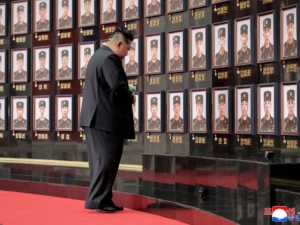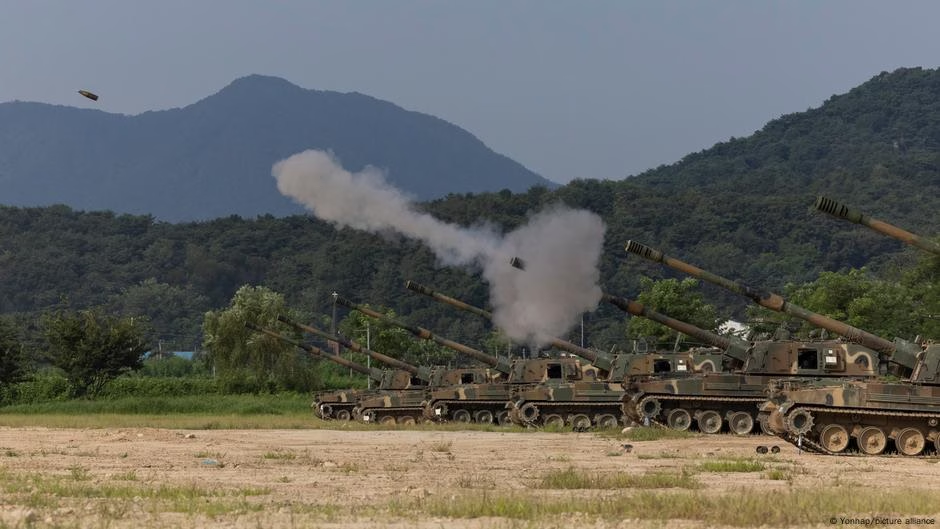Elbridge Colby, nominated for undersecretary of defense for policy, responded to Senate policy questions from the Senate Armed Services Committee by stating that he “would need to review this delicate issue carefully.”
“In general, however, I believe that [U.S.] President [Donald] Trump’s vision of foreign policy involves strengthening capable and willing allies like South Korea, and thus I support efforts to bolster South Korea’s role in the alliance,” he wrote last week.
Since the Korean War, U.S. forces have been in command and control of South Korea’s military in a wartime scenario. In a long-standing debate, many in South Korea argue that it’s time Seoul takes the lead in military responses to any attacks from North Korea.
OPCON transfer a longstanding issue
The debate over OPCON includes questions of sovereignty to whether South Korea’s military is ready to take full control of the nation’s defense.
In 2007, President Roh Moo-hyun requested that the U.S. transfer wartime OPCON so South Korea could regain its national “sovereignty and pride” and create greater psychological independence from the U.S.
Although the debate has been overshadowed by North Korea’s continued military provocations against the South and its U.S. allies, it remains a topic of interest for both countries.
In 2012, Washington and Seoul initially agreed to transfer wartime OPCOM by 2015, but that was later postponed.
Is the U.S. pulling back from South Korea?
Colby’s comments have also been interpreted as suggesting that an isolationist Trump administration is looking for a way to disengage from another international security commitment.
“This vision is dangerous because these are people who want to withdraw the rest of the world, backing away from long-standing alliances and essentially throwing friendly nations under the bus,” Dan Pinkston, a professor of international relations at the Seoul campus of Troy University, told DW.
He added that while South Korea may never be fully prepared to defend itself, it will have to contend with its current circumstances.
The Trump administration has shown a greater focus on China’s threats, which could lead Washington to pressure South Korea to handle the challenge of a nuclear-armed North Korea on its own.
Is South Korea ready to take over?
Supporters of South Korea taking control of OPCON argue that the three conditions necessary for the transfer have been met and there should be no further delay.
Those conditions are: South Korea’s acquisition of essential military capabilities to lead joint defense operations, the alliance’s ability to effectively respond to nuclear and missile threats from North Korea, and a conducive security environment on the Korean Peninsula and the wider region.
While there are conservatives in South Korea who strongly oppose the transfer of OPCON, there are others who believe this is a natural progression and that South Korea can provide the main fighting force while the U.S. provides offshore support and a security guarantee.
Colby also stated in his responses that he supported expanding strategic cooperation with South Korea, citing the rapid increase in nuclear arsenals by both China and North Korea.
Edited by: Wesley Rahn






